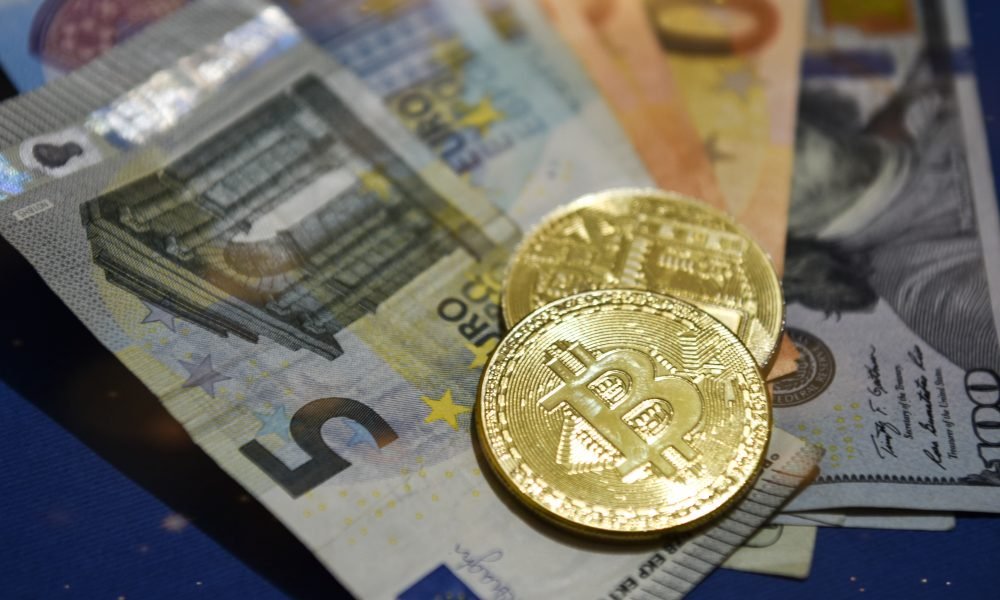The following content was written by just a man on December 27, 2010, 02:51:16 AM in the thread Bitcoin in the 3rd world. All content is owned by the author of the bitcointalk.org post. (original)
Would btc be good for the 3rd world, places like Africa, Asia and South and Central America? Everyone knows about how Nigerians like their email, and mobile phones are doing well in terms of take-up generaly throughout the globe (except North Korea). So if people in the 3rd world started trading in btc more how would that effect the currency, how would it affect people in the US and the UK, would it lead to currency split, with African, Asian etc btc… does the future of bitcoin lie first outside of the West?
For instance in places like China that recently had an issue with trade denominated in QQ game-coins. The availability of un-ruled money being so easily accessible to people living under politically restrictive and corrupt systems (though in China’s case for instance no longer entirely ‘3rd world’), or places like in India or Africa where you have millions upon millions of canny hustlers, hungry and with many mouths to feed fighting day after day with every ounce of market nouse they have to eat, to send kids to school… if they could access the power of the bitcoin what would that do?
Bearing in mind I know about the infrastructure problem in the ‘3rd world’, but as emails from Nigerian princes and internet cafes intruded upon by holy cows go to show (true story), if people figure out a way to make a computer pay somehow, they will access a computer. My theory, if bitcoin takes off in the 3rd world or extreme economies like China then… boomtime revolution on all fronts.
The following content was written by Timo Y on December 27, 2010, 12:42:28 PM in the thread Bitcoin in the 3rd world. All content is owned by the author of the bitcointalk.org post. (original)
A currency split is extremely unlikely, unless two networks become completely isolated from each other.
It is almost impossible to restrict the adoption of a Bitcoin clone geographically, because anyone can join the mining effort, and all it takes is one communications link to the main network and the blockchain of the isolated network will be rejected.
In my opinion yes. It it going to be hard to convince a Swiss person of the benefits of an alternative currency when what they have has worked pretty well for the last century. (In fact, Switzerland already uses a decentralised alternative currency called WIR).
Someone who has experienced the horrors of the Zimbabwean Dollar first hand, however, is going to be instantly sold on the idea of Bitcoin.
The following content was written by just a man on December 27, 2010, 02:21:59 PM in the thread Bitcoin in the 3rd world. All content is owned by the author of the bitcointalk.org post. (original)
In another forum where I post, the bitcoin is seen as a threat to the working class. It’s the working classes and the poor that mainly benefit from taxes in the west (well, theoretically) and for any economy the gobernment is Customer #1, so government spending of tax revenues pay for alot of the jobs in an economy. If people start turning stuff over in BTC then this starves the government of funds and they will no longer be able to provide public goods like schools and sidewalks and traffic lights, in the UK they will no longer be able to pay nurses and doctors or send dole-money or money for unemployed single mothers of small children. For me this is a bad thing.
On the upside they won’t be able to bail out inept and corrupt banks or buy million dollar bombs to bomb the peasants of weak countries on the basis of lies anymore.
I think though it’s true the working man and woman in the West might suffer from bitcoin, on the other hand in the 3rd world working men and women often don’t pay tax anyway, in Nigeria for instance the democracy is not so accountable to the people as the government is paid for by the Shell oil company and Russian mobsters anyway, so the people wouldn’t have to deal with a loss of services from the government with a currency like bitcoin, so one drawback they don’t have to worry about
Another thing about bitcoin is the indterest rate can’t be controlled, I know this is a key feature, but isn’t that something you need to be able to do? Assuming that you’re some sort of democratically elected body accountable to the people, you might want to be aqble to accelerate or break the economy every now and then when it’s over-heating or to ecourage it to move around more… Ireland could’t raizer their interest rates and they came off the road due to the reckless DUI of their banks… and having no breaks.
The following content was written by MoonShadow on December 27, 2010, 02:54:29 PM in the thread Bitcoin in the 3rd world. All content is owned by the author of the bitcointalk.org post. (original)
Economic illiteracy is a widespread problem.
It’s the working classes and the poor that mainly benefit from taxes in the west (well, theoretically) and for any economy the gobernment is Customer #1, so government spending of tax revenues pay for alot of the jobs in an economy. If people start turning stuff over in BTC then this starves the government of funds and they will no longer be able to provide public goods like schools and sidewalks and traffic lights, in the UK they will no longer be able to pay nurses and doctors or send dole-money or money for unemployed single mothers of small children. For me this is a bad thing.
For almost everyone, government is itself a bad thing. You just don’t comprehend how much is taken from you in your “best interests”. The most important tax that bitcoin deals with is the inflation tax, as inflation is functionally a hidden tax upon the entire monetary base. It’s particularly regressive as well, most directly affecting those who save directly in currency denominated investments and those who are dependent upon a regular salary (i.e. working class) while most directly benefiting those with the greatest access to new currency (i.e. government, politicos & bankers). Bitcoin isn’t really intended as a means to evade the kind of taxes that actually pay for public services, which don’t have to be provided by governments in order to be effective.
Another thing about bitcoin is the indterest rate can’t be controlled, I know this is a key feature, but isn’t that something you need to be able to do?
No, of course not. Wow, you have been indoctrinated well. Did you attend a government school?
Assuming that you’re some sort of democratically elected body accountable to the people, you might want to be aqble to accelerate or break the economy every now and then when it’s over-heating or to ecourage it to move around more… Ireland could’t raizer their interest rates and they came off the road due to the reckless DUI of their banks… and having no breaks.
The business cycle doesn’t require intervention, and historicly intervention has proven counter-productive. The great depression in the US is a prime example of this, for it was primarily intervention that prolonged the pain.

